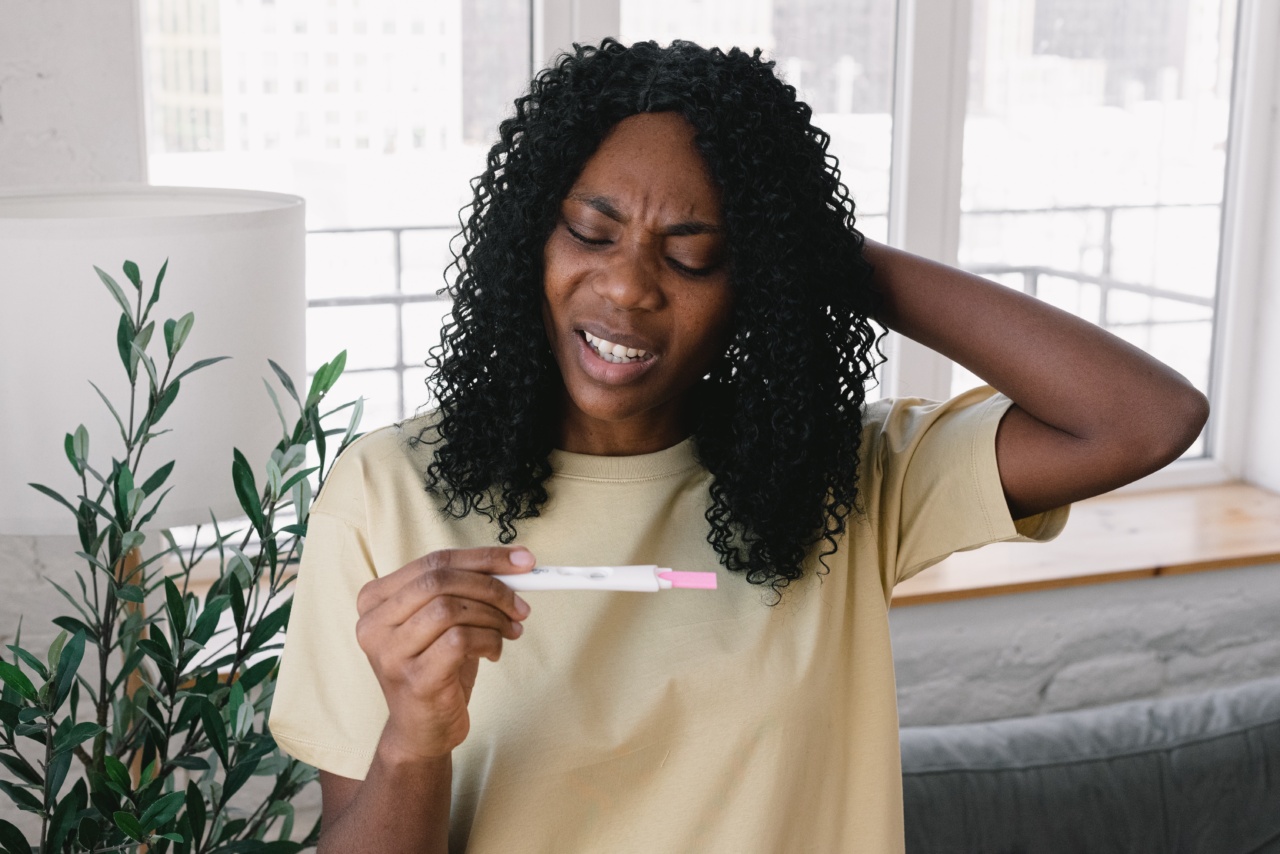Pregnancy brings about a lot of physical changes in a woman’s body, and many of these changes can result in various discomforts, including hemorrhoids. In fact, hemorrhoids are a common and unpleasant problem that some women may face during pregnancy.
In this article, we will discuss hemorrhoids, their causes, symptoms, and some effective ways of treating and preventing them.
What are Hemorrhoids?
Hemorrhoids, also known as piles, are swollen veins in the anus and lower rectum. They can occur inside the rectum (internal hemorrhoids) or under the skin around the anus (external hemorrhoids).
Internal hemorrhoids usually do not cause any discomfort or pain, but they may cause bleeding during bowel movements. External hemorrhoids, on the other hand, can be very painful and itchy, and can cause bleeding and discomfort while sitting or during bowel movements.
What Causes Hemorrhoids During Pregnancy?
Pregnancy puts a lot of pressure on a woman’s body, and there are several factors that can contribute to the development of hemorrhoids during pregnancy:.
- The increased pressure on the uterus and pelvic area can affect the veins in the rectum, causing them to swell and become irritated.
- The increased level of the hormone progesterone during pregnancy can cause the walls of the veins to relax, making them more susceptible to swelling.
- Constipation is also a common problem during pregnancy, and straining during bowel movements can put pressure on the veins in the rectum and lead to the development of hemorrhoids.
What are the Symptoms of Hemorrhoids?
The symptoms of hemorrhoids can vary depending on the location and severity of the condition. Here are some common symptoms of hemorrhoids:.
- Pain or discomfort in the anal area
- Bleeding during bowel movements
- Itching or irritation in the anal area
- A lump or swelling near the anus
- Leakage of feces or mucus from the anus
How to Treat Hemorrhoids During Pregnancy?
Fortunately, there are several ways to treat and prevent hemorrhoids during pregnancy:.
Sitz Baths
A sitz bath is a warm, shallow bath that can help soothe the irritated and swollen veins in the anus.
You can either use a special sitz bath device or simply fill a bathtub with a few inches of warm water and sit in it for 15-20 minutes several times a day.
Fiber-rich Diet
Eating a diet rich in fiber can help prevent and treat constipation, which can contribute to the development of hemorrhoids. Some examples of fiber-rich foods include fruits, vegetables, beans, whole grains, and nuts.
Hydration
Drinking plenty of water can also help prevent constipation and keep the stool soft, which can make it easier to pass and reduce the strain on the veins in the anus.
Topical Treatments
There are several over-the-counter topical treatments available that can help reduce the pain, itching, and swelling associated with hemorrhoids.
These include creams, ointments, and suppositories that contain ingredients such as witch hazel, hydrocortisone, and lidocaine.
Medical Procedures
In some cases, medical procedures may be necessary to treat hemorrhoids during pregnancy. These can include:.
- Rubber band ligation – a procedure in which a rubber band is placed around the base of the hemorrhoid to cut off its blood supply, causing it to shrink and fall off.
- Sclerotherapy – a procedure in which a chemical solution is injected into the hemorrhoid, causing it to shrink.
- Hemorrhoidectomy – a surgical procedure in which the hemorrhoid is removed.
How to Prevent Hemorrhoids During Pregnancy?
Here are some effective ways to prevent hemorrhoids during pregnancy:.
Stay Hydrated
Drinking plenty of water and other fluids can help keep the stool soft and prevent constipation.
Eat a Balanced Diet
Eating a diet rich in fiber can help prevent constipation and ensure regular bowel movements.
Avoid Straining
Try to avoid straining during bowel movements, which can put pressure on the veins in the rectum and lead to the development of hemorrhoids.
Stay Active
Regular exercise can help keep the bowels regular and prevent constipation. It can also improve circulation and reduce the risk of developing hemorrhoids.
Use Proper Toilet Habits
Avoid sitting on the toilet for long periods of time, as this can put pressure on the veins in the anus. Also, try to avoid using harsh toilet paper, and use moist wipes or a bidet instead.
Conclusion
In conclusion, hemorrhoids are a common problem that many women may face during pregnancy.
Fortunately, there are several ways to treat and prevent hemorrhoids, including sitz baths, a fiber-rich diet, hydration, topical treatments, and medical procedures. By following these tips, women can reduce the risk of developing hemorrhoids during pregnancy and enjoy a more comfortable and healthy pregnancy.































